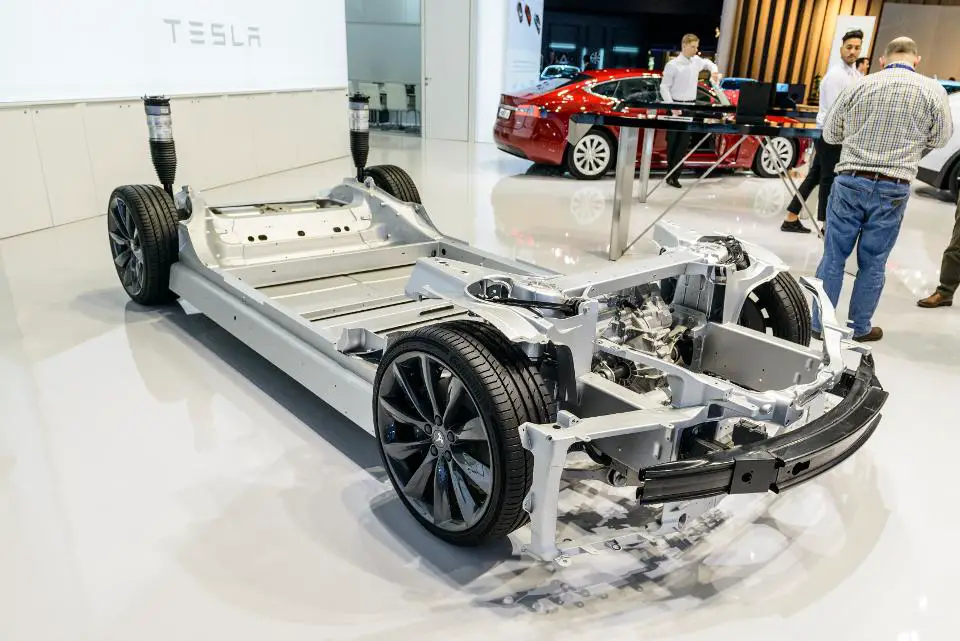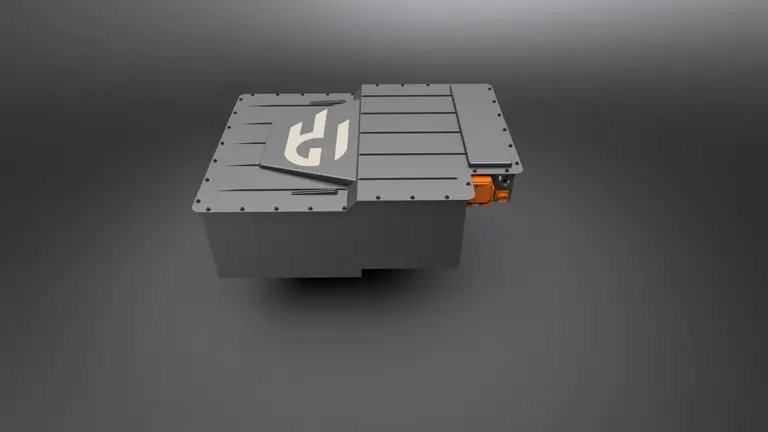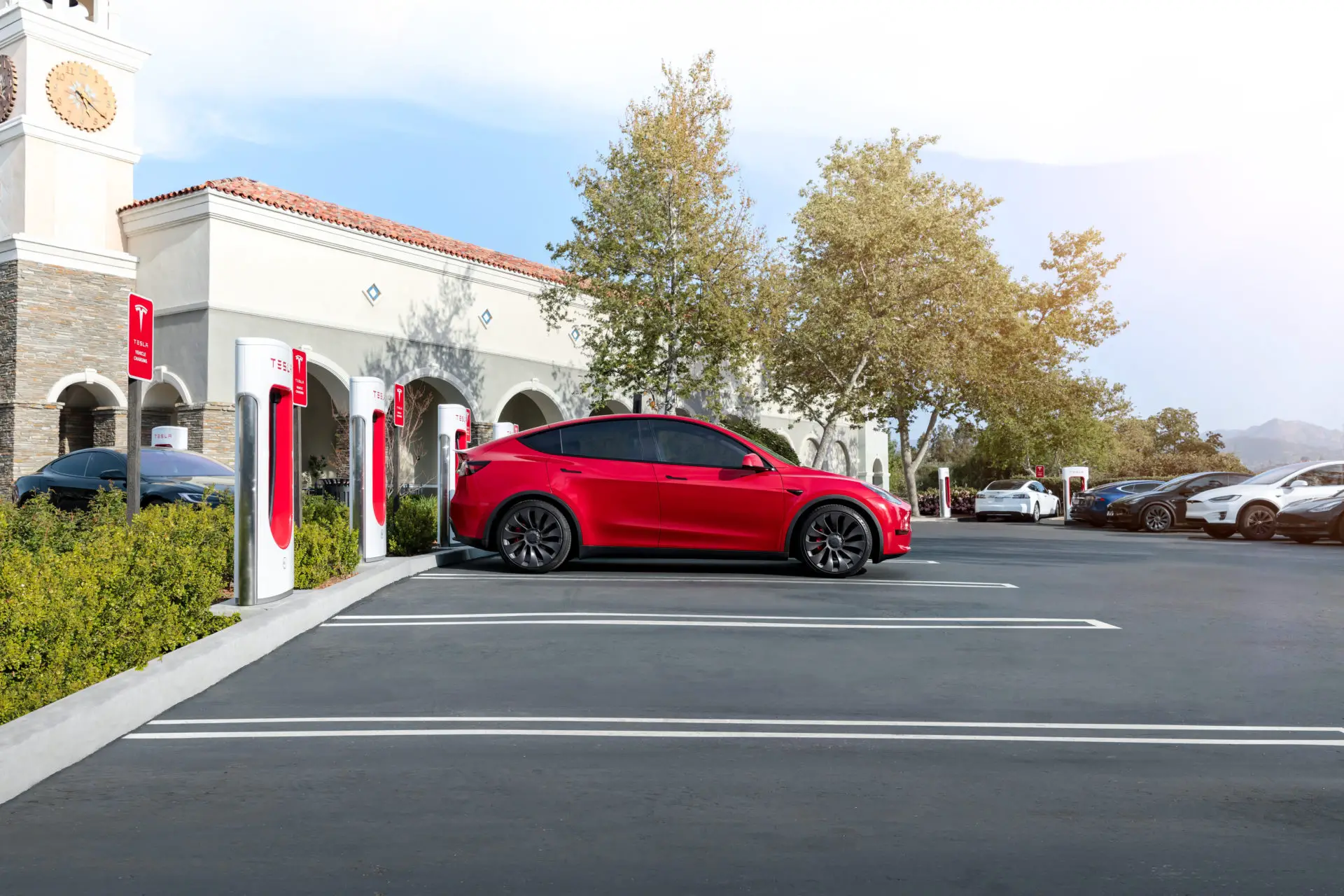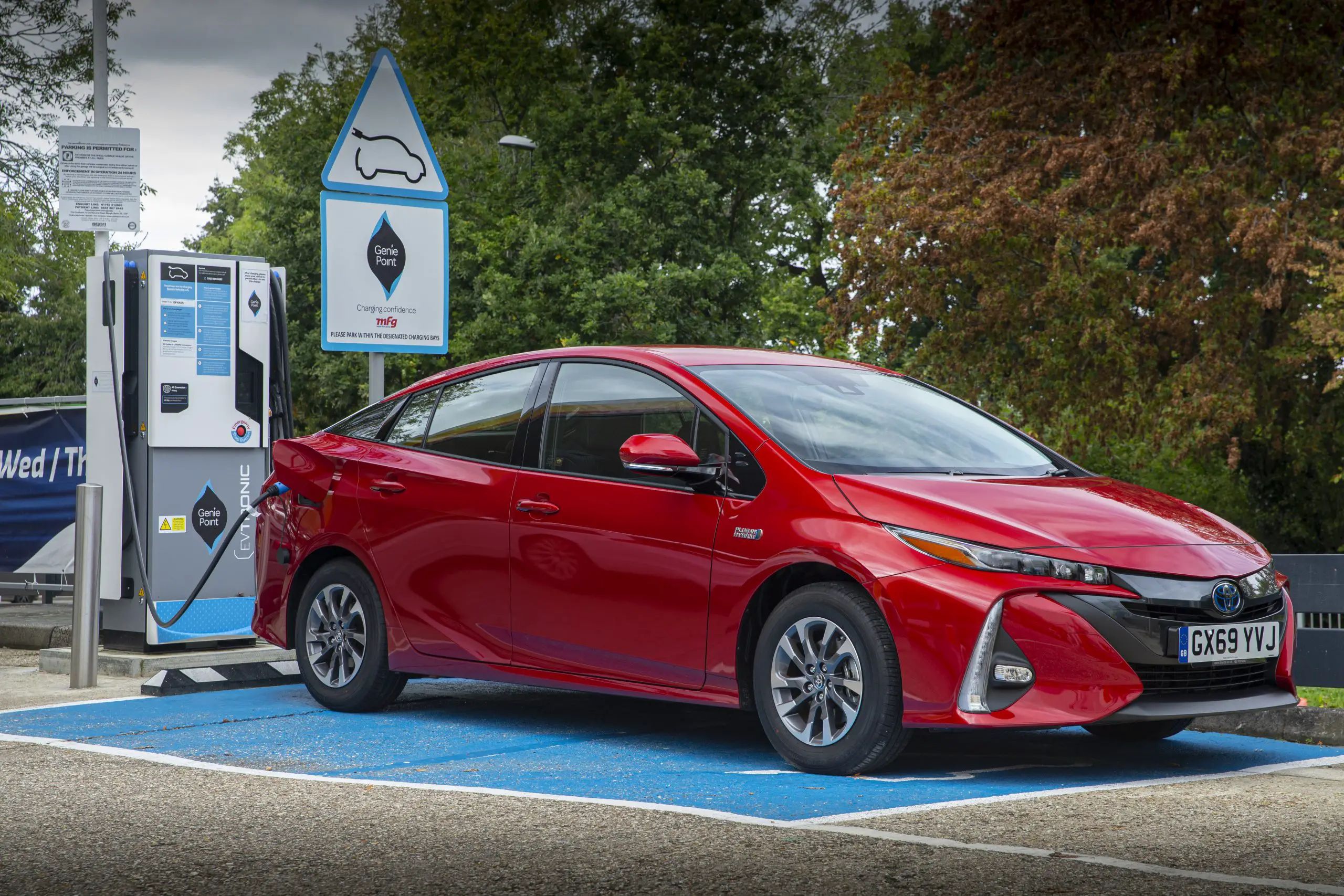
What Are EV Batteries Made Of And How Are They Made?
With electric cars and EV conversions looking like the future, many are asking more questions on eco-friendly the batteries on these cars.
We will be having a look into how EV batteries are made, what they are made of and how recyclable and re-usable they really are.
What is an electric car battery made of?
Although there are many different types of electric vehicle batteries, the two main ones are lithium-ion(li-on) and nickel-metal hydride (NiMH).
NiMH batteries are a popular choice lower down the market as they are cheaper, however, they do tend to not last as long in between charges. As an example, Toyota uses this type of battery in their electric vehicles.
You may have heard of Li-on batteries before as they are the same as the one found in your mobile phone, just much bigger. These are used by the likes of Mercedes and Jaguar. The production of lithium-ion batteries has hugely increased as they seem to be the most popular choice for electric car manufacturers, such as Tesla.
The Argonne National Laboratory has reported that one EV lithium-ion battery could be made up of approximately 8kg of lithium, 35kg of nickel, 20kg of manganese, and 14kg of cobalt. Many researchers are looking for alternatives for nickel and cobalt as they are not eco-friendly to get and are an expensive option.
How are EV batteries made?
There are three levels of electric vehicle batteries. These are cells, modules, and packs. A number of cells will be in a single module and a car is likely to have multiple modules in the battery pack. For example, a BMW i3 has 96 battery cells all-together and these are made up in 8 modules of 12 cells. Battery cells are combined in a frame (the module) to be protected from heat and external shocks. The whole battery pack will be glued and welded together.
Can an EV battery be re-used?
EV batteries can be re-used, even if they don’t have enough life left to power another electric vehicle, they usually have enough power left to be used for something else.
Unfortunately, the majority of EV batteries end up in landfill when they come to the end of their life. The current predicted maximum range of a battery is between 200,000 and 400,000 miles which is enough for the average driver and as more technology and development goes into it in the future, this is likely to improve.
Nissan in particular have set up a company called 4R Energy Corp in partnership with Sumitomo Corp, which specialises in finding ways to recycle, resell and reuse batteries from electric vehicles. They grade batteries based on the condition as a ‘A’, ‘B’ or ‘C’. A grade ‘A’ battery would be in good enough condition to be used for another electric vehicle, ‘B’ grade batteries could be used for factory machinery or in homes/buildings that use solar energy and grade ‘C’ batteries are more likely to be used as back-up supplies for places that need a 24-hour supply. 4R Energy Corp claim that this can extend the use of an EV battery by 15 years.
Other companies have also started doing what they can to re-use EV batteries. Volvo is using old bus batteries in Sweden to balance the energy needs of housing and Audi is putting old EV batteries in the forklifts in their Ingolstadt factory.
Are EV batteries recyclable?
In short, yes.
Many manufacturers have their own electric car battery recycling programmes in place. With electric vehicles on the rise, Governments are being urged to do something about making it mandatory to recycle electric vehicles batteries. The Chinese government brought in new rules to reuse the different components of an EV battery in 2018 and the EU commission have put forward a quota for 25% of Li-on batteries to be recycled by 2025 and for this to be 70% by 2030.
Frequently Asked Questions
What are Tesla batteries made of?
Tesla’s first battery was Nickel Cobalt Aluminum (NCA) but they now use Lithium-ion batteries which are made up of comprised of 6,831 individual Li-ion cells.
Can EV batteries be made without Lithium?
Scientists are researching the use of magnesium instead of lithium which could have higher energy, greater stability and be a cheaper alternative.
What is the most advanced EV battery technology?
As of today, li-ion battery technology seems to provide the most energy density.





